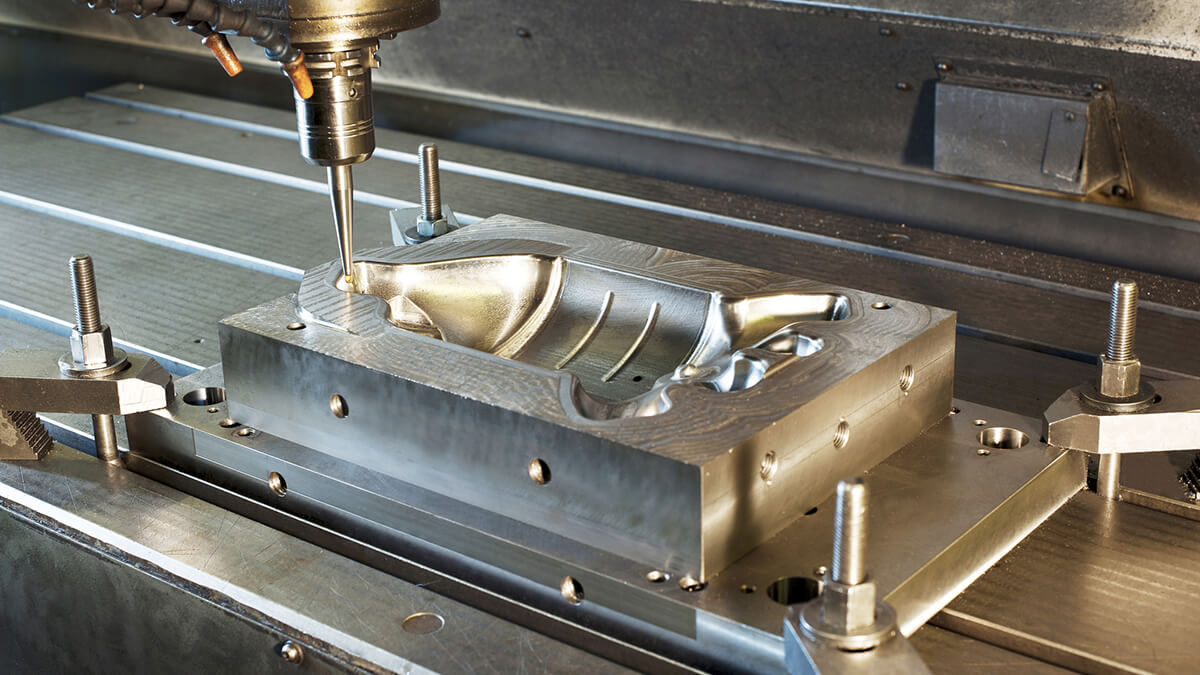Casting is a versatile manufacturing process that involves pouring molten metal into a mold to create various parts and components. One of the most crucial decisions in the casting process is selecting the right A356 Aluminum Casting alloy. The choice of alloy can significantly impact the final product’s properties, performance, and cost. In this blog, we’ll delve into the world of casting alloys and explore the factors to consider when choosing the perfect mix for your project.
Understanding Casting Alloys
Casting alloys are mixtures of metals carefully formulated to provide specific properties and characteristics. These alloys are designed to meet the unique demands of various applications, from aerospace to automotive, industrial to artistic. The selection of the appropriate alloy depends on several key factors.
Factors to Consider When Choosing Casting Alloys
- Material Properties: The first consideration should be the physical and mechanical properties required for your project. Do you need a lightweight material, high strength, corrosion resistance, or excellent thermal conductivity? Each alloy has its own set of properties, and choosing the right one is essential.
- Temperature Resistance: Some applications involve exposure to high temperatures. In such cases, you must select an alloy that can withstand the required temperature range without deforming or losing its mechanical properties.
- Cost: Cost is a critical factor in material selection. Different alloys come with varying price tags, and your budget may influence your choice. However, it’s essential to strike a balance between cost and performance to ensure your project’s success.
- Casting Method: The casting process you intend to use also plays a role in alloy selection. Some alloys are better suited for specific casting methods, such as sand casting, investment casting, or die casting.
- Weight: For applications where weight is a crucial factor, consider alloys known for their lightweight properties, like aluminum or magnesium.
Common Casting Alloys
- Aluminum Alloys: Aluminum is a popular choice due to its lightweight nature, corrosion resistance, and excellent machinability. It is commonly used in automotive and aerospace industries for components like engine parts, wheels, and aircraft structures.
- Bronze Alloys: Bronze is an alloy of copper and tin or other elements. It is valued for its strength, durability, and resistance to corrosion. Bronze is frequently used in art casting, marine applications, and bearings.
- Steel Alloys: Steel offers excellent strength and durability, making it suitable for heavy-duty applications. It is often used in industrial machinery, construction equipment, and automotive components.
- Copper Alloys: Copper alloys, such as brass and bronze, are known for their corrosion resistance and excellent electrical conductivity. They are commonly used in electrical and plumbing applications.
- Magnesium Alloys: Magnesium is known for its lightweight properties, making it an ideal choice when weight reduction is crucial. It’s often used in aerospace, automotive, and electronic components.
Conclusion
Choosing the right casting alloy is a critical step in ensuring the success of your project. It requires careful consideration of factors such as material properties, temperature resistance, cost, casting method, and weight. Each casting alloy has its own unique set of properties, and the key to success lies in matching these properties to the specific requirements of your project. Whether you’re creating intricate art pieces, building aerospace components, or manufacturing industrial machinery, selecting the perfect casting alloy will help you achieve the desired results in terms of performance, durability, and cost-effectiveness.
